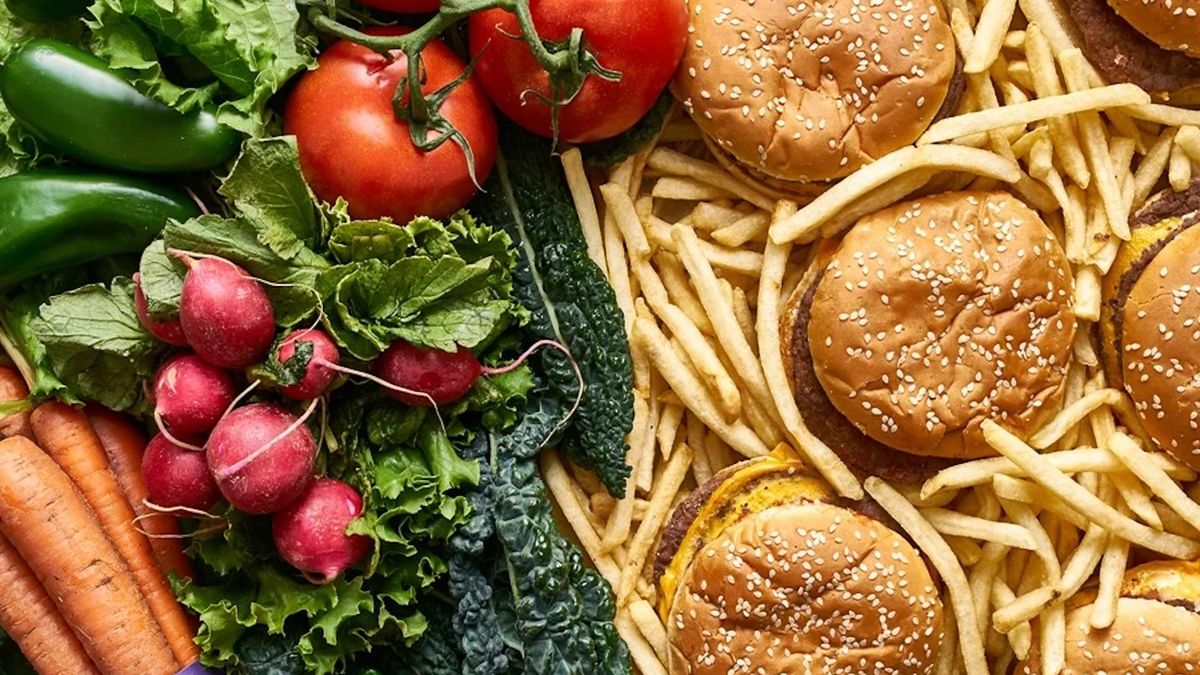Now Reading: Why Ozempic Users Are Losing Their Taste for Meat and Fried Foods
-
01
Why Ozempic Users Are Losing Their Taste for Meat and Fried Foods
Why Ozempic Users Are Losing Their Taste for Meat and Fried Foods

Swift Summary:
- Weight-loss medications and food preferences: Users of GLP-1 receptor agonist drugs such as Wegovy, Ozempic, and Zepbound report significant changes in food taste and preferences.
- Altered culinary experiences: Anecdotal accounts indicate sudden aversions to savory meals,fried foods,proteins (such as meat),and certain beverages like wine or soda. Conversely, healthier options like fruits and leafy greens are reportedly preferred.
- Mechanisms at play: Thes drugs mimic the hormone GLP-1 to curb appetite by triggering satiety faster. They may also influence brain reward pathways related to food pleasure responses or directly impact taste buds.
- Research findings: Studies suggest users consume fewer calorie-dense foods-about 700 fewer calories per day-and favor lighter diets yet maintain some liking for high-fat or savory items without craving them.
- Inconsistent results on taste alteration: Some research shows heightened sensitivity to flavors in sweet foods; other studies find a diminished ability to perceive basic tastes across the board.
- Implications for daily life: Individuals describe shifts in cooking habits due to loss of interest in previously enjoyed cuisines or inability to tolerate spice levels.
Indian Opinion Analysis:
The emerging evidence about GLP-1 medications’ effects on food preferences has notable implications for global weight-management strategies. For India-a country with diverse cuisine often rich in spices, fats, and carbohydrates-this phenomenon could considerably reshape dietary habits among users if similar outcomes are experienced locally.
While these medications provide promise for managing obesity-related conditions that remain a growing concern due to India’s evolving dietary trends and lifestyle changes, potential aversions could pose challenges within customary culinary frameworks deeply tied with cultural identity. For instance, dishes reliant on heavy spices or preparation methods like frying might lose appeal among users.
Additionally, shifts toward healthier eating stimulated by GLP-1 drugs may indirectly offer benefits by promoting greater reliance on indigenous produce, fruits, vegetables-which align well with India’s agricultural strengths but require wider incorporation into modern diets.
However critical gaps exist: anecdotal testimonies from Western populations dominate current narratives while scientific rigor behind mechanisms remains incomplete. Localized studies evaluating biological impacts specific within Indian demographics would be essential before widespread adoption alongside better consumer education explaining trade-offs between health benefits versus sensory distortions individuals might experience during regular use.
read More: Link


























